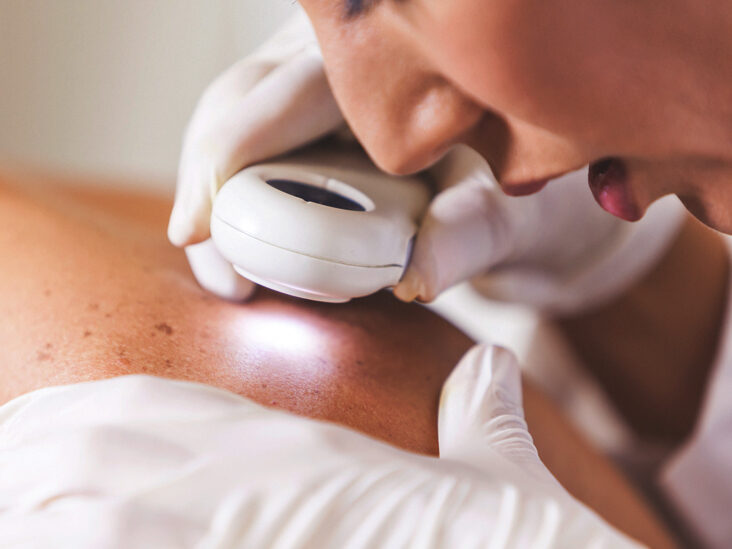Skin redness and irritability are common skin conditions affecting millions of people worldwide. The skin is the body’s largest organ, and it also serves as a protective layer. As such, anything that affects the skin’s well-being can affect us physically and psychologically. The skin’s redness can make a person feel embarrassed and affect self-esteem. It can also lead to a person becoming socially withdrawn.
This article explains how to reduce the redness and irritability of the skin. So, if you’re suffering from skin redness and irritability, you’re at the right place.
Causes of Skin Redness and Irritability
There are many potential causes of skin redness and irritability. Here are a few of them:
- Allergies: Allergies are one of the most common causes of red and itchy skin. They can be triggered by various things, including certain foods, pollen, and pet dander. If you have an allergy, your skin may become red and itchy when you come into contact with the allergen.
- Eczema: Eczema is another common cause of skin irritation. Eczema is a condition that causes the skin to become dry, cracked, and inflamed. Certain soaps, detergents, and fabrics can trigger this skin condition.
- Psoriasis: Another condition that can cause skin redness and irritation is Psoriasis. Psoriasis is a chronic condition that causes the skin to become thick, scaly, and inflamed. It can be triggered by stress, certain medications, and infections.
- Rosacea: Rosacea is another chronic condition that causes the skin to become red and inflamed. Sun exposure, certain foods, and alcohol can trigger this condition.
- Infection: In some cases, skin redness and irritation may result from an infection. Bacterial infections, such as impetigo, and viral infections, such as herpes, can cause these symptoms. If you have an infection, your skin may become red, swollen, and painful.
Here are five ways to reduce redness and irritability of the Skin?
1. Use Kratom
Kratom has become famous for its wide range of potential health benefits. One area of particular interest is its potential for improving skin health. kratom has anti-inflammatory properties that could reduce skin redness and irritation.
This natural compound works by interacting with the body’s natural endocannabinoid system. Hence, it helps to regulate various skin functions. It may also be effective in treating acne, as it can help to reduce sebum production.
Since kratom is a safe and gentle treatment option, it works on all skin types. Additionally, it is a powerful antioxidant protecting the skin from damage caused by free radicals. You can also find Red Sumatra on sale here.
2. Apply Aloe Vera
Aloe Vera is a natural remedy for various skin conditions, including irritation and redness. The plant contains many compounds that have anti-inflammatory and healing properties.
When applied to the skin, aloe vera gel can help to soothe the skin and treat minor burns, cuts, and other skin irritations. You can add it to lotions and creams to make its usage better.
Also, aloe vera can help to speed up the healing process. It does this by increasing blood flow to the affected area and promoting the growth of new skin cells.
3. Stay Hydrated
Staying hydrated is essential for many reasons. But did you know that it can also help reduce skin redness and irritation? That’s right!
When dehydrated, your skin is more likely to dry, red, and irritated. This is because dehydration causes your skin to lose moisture, leading to inflammation. Drinking plenty of water and other fluids helps to keep your skin hydrated, reducing your risk of redness and irritation.
Water helps to flush out toxins and keep all the systems in your body functioning correctly. So, make sure you’re drinking at least eight glasses of water daily, and you’ll start to see a difference in your skin’s appearance.
By following these simple tips, you can help to reduce skin redness and irritation – and keep your skin looking and feeling its best.
4. Sleep Well
Sleeping well is essential for reducing skin redness and irritation. When you sleep, your body repairs itself, and your skin cells regenerate, lessening skin irritation. Getting enough sleep also helps to reduce stress levels, which can further lead to skin problems.
Also, a good night’s sleep can help your skin look its best by giving it a chance to rest. If you’re not getting enough sleep, your skin may look dull and tired. You may also find that your skin is prone to breakouts and other problems.
So, if you want to keep your skin looking its best, get plenty of rest!
5. Take Medications
Different medications can be used to treat skin redness and irritation. However, the most common are anti-inflammatory medications that help reduce inflammation and redness. Other options include corticosteroids and immunomodulatory.
Corticosteroids are medications that can help your body to reduce inflammation and swelling. Antihistamines can also help reduce itching and redness. It does this by blocking the action of histamine, a substance released by the body in response to an allergic reaction. However, it would help if you spoke with a doctor or dermatologist to determine the best treatment for your case.
Conclusion
Redness and irritation of the skin can have many causes. However, the good news is that there are several ways to reduce it. If you follow these tips correctly, you’re on your way to having clear and smooth skin.
Referenceshttps://www.healthline.com/health/skin-redness
https://www.goodhousekeeping.com/beauty/anti-aging/tips/a20476/treating-facial-redness/



